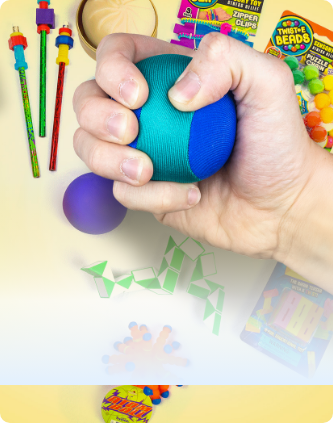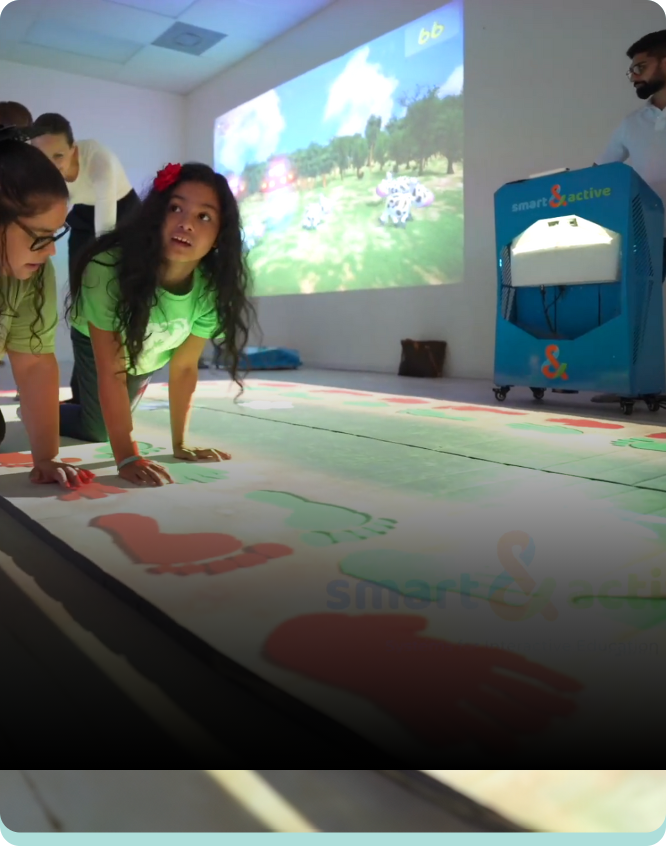3 Great Ways to Help Your Child Overcome Sensory Issues at the Dentist
Posted by Dr. Greg Grillo on Jul 15th 2019
Bright lights, loud noises, strange tastes and smells of oral care products, being touched by people; these are all things you’ve experienced at the dentists. For special needs patients, these can cause a fair amount of sensory issues and make it difficult to visit the dentist. I have been practicing family dentistry for 17 years and am well aware of the fear your child may be feeling. Dental care is important to your child’s overall health and luckily there are ways to help your child overcome these overwhelming feelings.
1. Familiarize your child with what they can expect
If you can show your child what they can expect at their dental appointment, they may have less anxious feelings. Starting at home is a great place to begin familiarizing your child. If you know what areas your child tends to be more sensitive towards you will have a better idea of what to work on at home. Try telling your child your own positive experiences at the dentist. You can also role play what a dental visit will be like by having your child lay on their back with their feet out and their hands on their stomach. Have them try opening their mouth open and wide. If they’re comfortable, you can also use an electric toothbrush to get them used to the vibrations.
Another way to help your child become familiar with the dentist is to schedule a desensitization appointment. Most pediatric and special needs dentists offer these, and they are a great way to meet the office and staff ahead of time and give your child an opportunity to see the dental office and meet office and staff members.
Visuals are another great tool that can help your child overcome sensory issues and they can be used in a variety of ways.
First, you can use them when preparing for your child’s dental appointment. Before their visit, you can read a picture book about a dentist appointment or even create your own. Videos of dental appointments are great too. These can allow your child to see what their appointment could be like. You can also look up photos of your dentist and their office online which is another great way for your child to make that visual connection of what the dentist appointment will be like.
Using visuals and other tools while at the appointment can also be great for working through sensory issues. If your child has a favorite movie or TV show, consider bringing an iPad or portable DVD player to their visit to help distract them from what is happening in their mouth. Likewise, a favorite toy or fidget item can help be a great distraction from the work that the dentist is doing.
3. Speak up
Any concerns you have about your child’s appointment should be made known as soon as possible. Many times, your dentist will be able to make special accommodations to make your child as comfortable as possible. If you notice your child is overwhelmed, speak up and have them take a break before continuing the appointment. Speaking up for your child will help eliminate hesitant feelings in the future because they know you will have their back the entire visit.
Your child may just be too hesitant or closed-off to the idea of visiting the dentist at first, and that’s okay. Don’t force it. Forcing the appointment can cause feelings of anger or hatred against the dentist. Instead, work slowly and take small steps. As mentioned before, a desensitization appointment can help in these instances by letting your child get a sense of what the dentist office looks like before the real appointment.
The dentist office can be an overwhelming place, and a lot of sensory issues can arise from this. However, there are ways to overcome these issues and turn it into something positive. Dental care is so important, and the dentist office can be a great learning experience for you and your child. Your dentist will work to make the visit be as comfortable as possible, and these steps will help make your child’s visit be a better experience.






